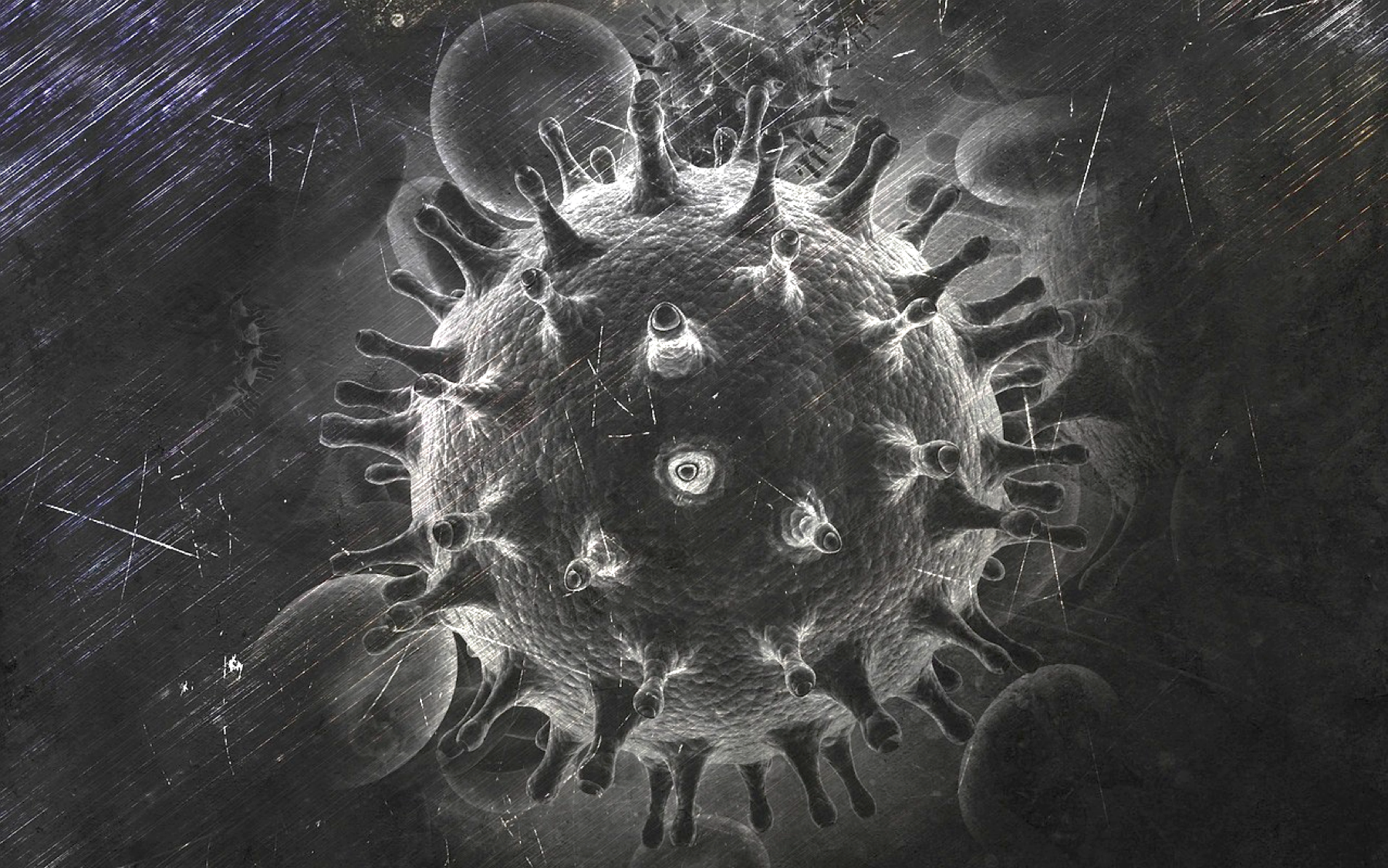
Background
HIV is a major global public health problem that lacks a cure, however available anti retrovirals have been successful in improving and extending the quality of life in patients. This success has recently encountered a set-back due to emergence of drug resistant variants of HIV. Therefore, increasing incidence and emerging resistance has resulted in a need to develop novel therapeutic intervention against these enveloped viruses.
Technology
Researchers at Stony Brook University have identified host-directed viral inhibitors that target a highly conserved cellular machinery necessary for the viral life cycle. The inhibitors target transport of viral particles, from cytoplasm to cell membrane, thus arresting viral dissemination process and resulting in clearance of infected cells by host immune system. The researchers have further demonstrated that the inhibitors are specific towards viruses and do not alter normal cellular function.
Advantages
-Broad spectrum anti-viral -Can be used as combination drug to further extend spectrum -Targets host factors, thus, less likely to induce resistance -One lead compound is FDA approved for another indication -Known to be safe in humans
Application
-Infectious diseases -Therapeutics -Antiviral
Inventors
Carol Carter, Professor, Molecular Genetics & Microbiology
Lorna Ehrlich, Research Associate, Molecular Genetics & Microbiology
Licensing Potential
Development partner,Commercial partner,Licensing
Licensing Status
Available for License. Stony Brook University is seeking interested partners to develop and commercialize the technology.
Licensing Contact
Valery Matthys, Licensing Associate, Intellectual Property Partners, valery.matthys@stonybrook.edu,
Patent Status
Patent application submitted
In vitro Proof of Concept data is available A PCT application (PCT/US2017/059111) covering composition and methods of use is on file.
Tech Id
8875
